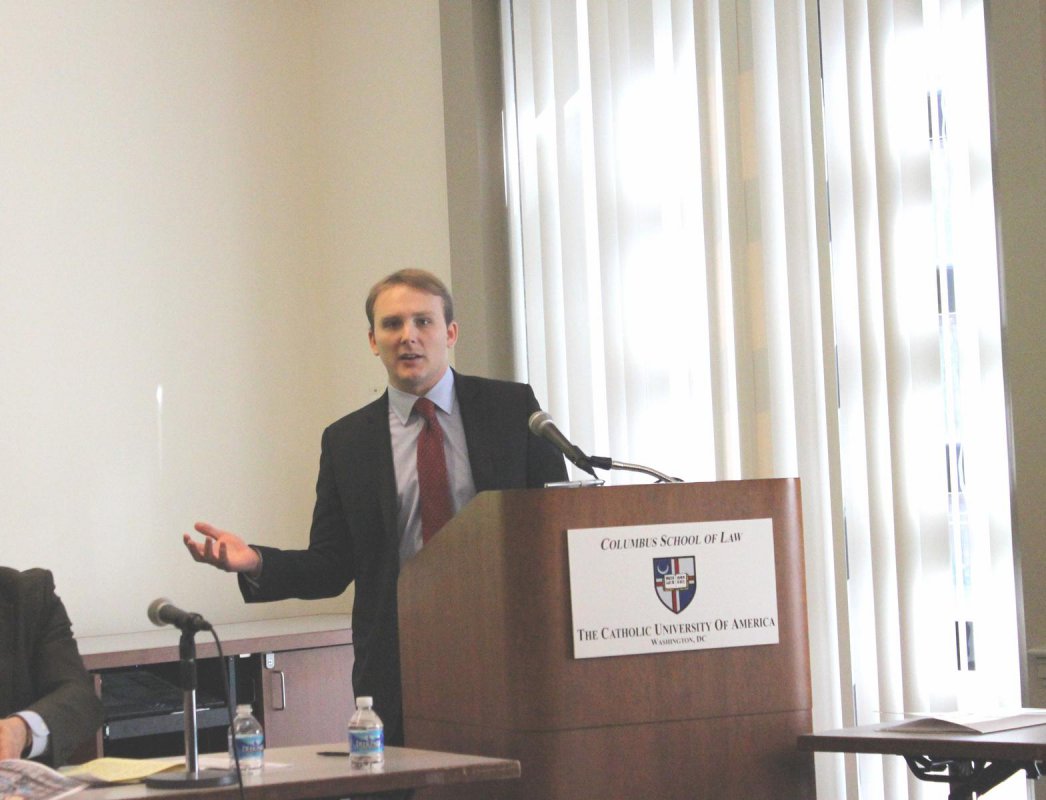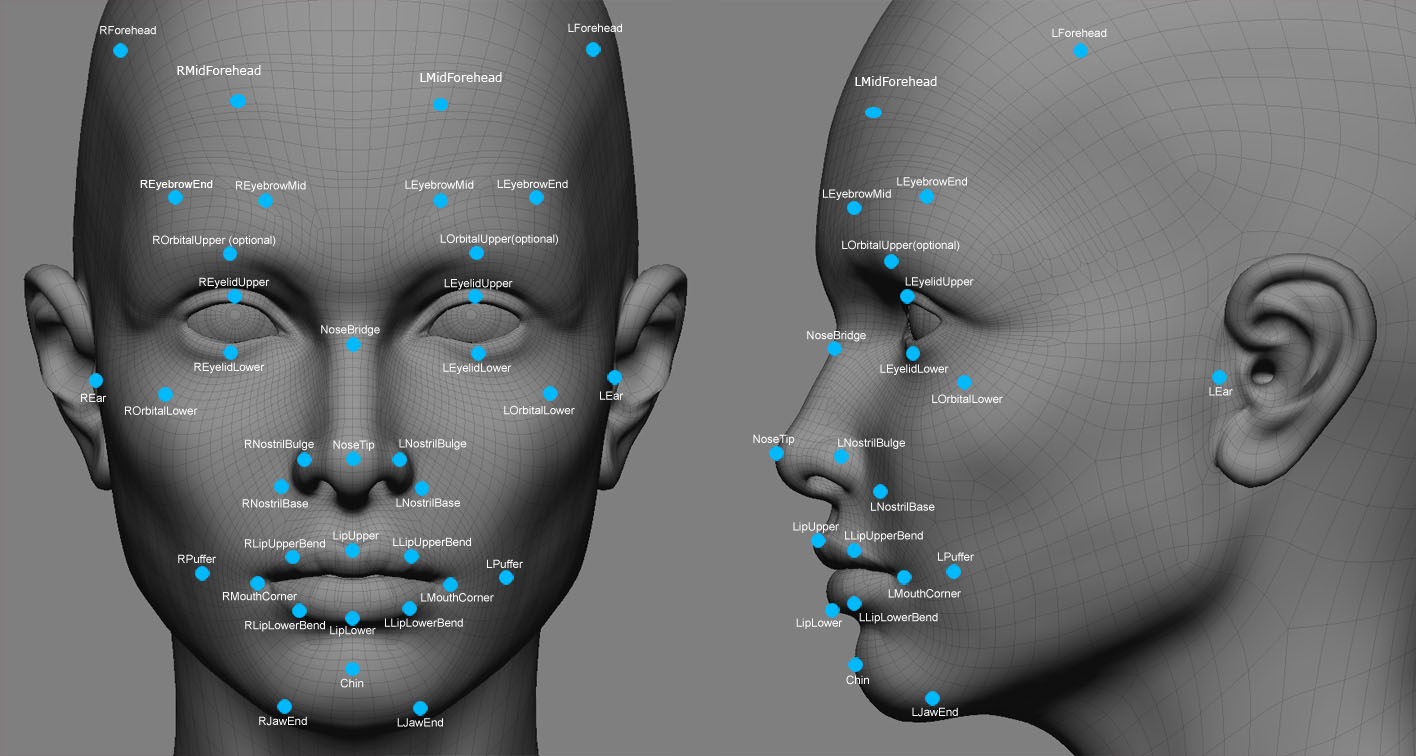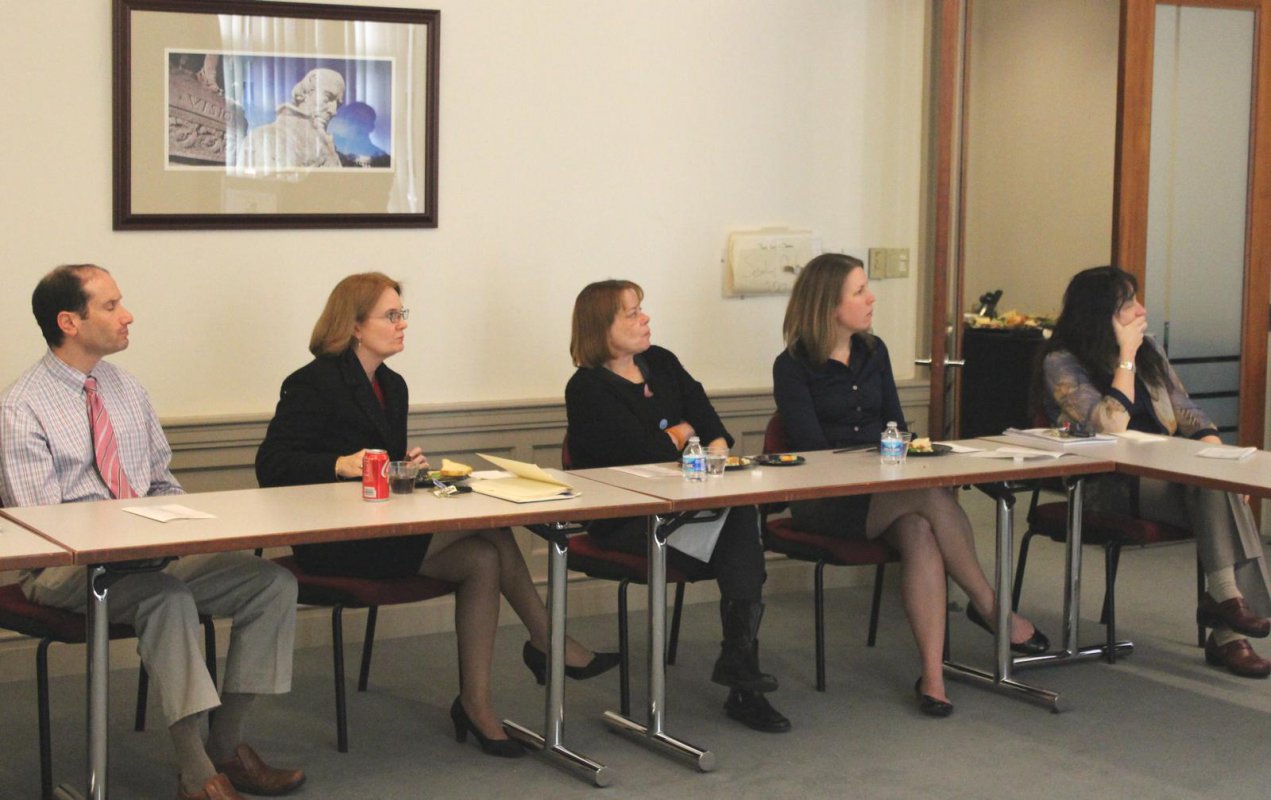
When it comes to the accelerating use of facial recognition technology by both government and the private sector, there is no putting the toothpaste back in the tube, says Catholic University law school student Jonathan Jacobs.
"In this society, you almost have to go out of your way not to be tracked," he observed. 
Jacobs, Class of 2016, was the leadoff presenter on Jan. 28 in the spring 2015 Student Scholar Series, choosing as his subject "Regulation of Facial Recognition Technology: Protection for an Individual's Privacy where Fourth Amendment Law Fails." Jacobs' talk offered an overview of how quickly the use of facial recognition technology is spreading, and concluded that current constitutional protections are inadequate to shield citizens' privacy.
It is widely known that Americans are photographed in public spaces today as never before, with government agencies such as the FBI, DHS, and others cross-checking the images against growing databases to screen for potential terrorists. But the private sector has swung toward its use is a big way, too. Jacobs noted that the day may not be far off when cameras mounted in supermarket shopping carts will send images of shoppers to a central source, which will in turn transmit coupons to people's mobile phones based on demonstrated product preferences. The 1967 Supreme Court ruling in Katz v. United States extended Fourth Amendment privacy protections to electronic devices such as telephones, tape recorders, and wiretaps. But the Court's decision is toothless against today's technologies, since faces, hairstyles, and other physical characteristics do not carry a reasonable expectation of privacy under Katz.

"The bottom line is that the Fourth Amendment doesn't apply [in the use of facial recognition technology]," said Jacobs. "There's a level of intrusion that is not regulated." Jacobs suggested the creation of a central new Federal Facial Recognition Database that would be responsive to legislation designed to put parameters on its use, with certain exceptions. "The time to get ahead of this issue is now. Criminally and constitutionally, we need to make sure privacy is preserved," said Jacobs. The Columbus School of Law Student Scholars Series was instituted by Professor A.G. Harmon in 2009 both to recognize notable legal scholarship produced by members of the student body during the academic year and to foster the skills associated with presenting and defending that scholarship in a professional conference-style setting. Jacobs' presentation was the first of the current academic year, with two more to follow in February and March.
